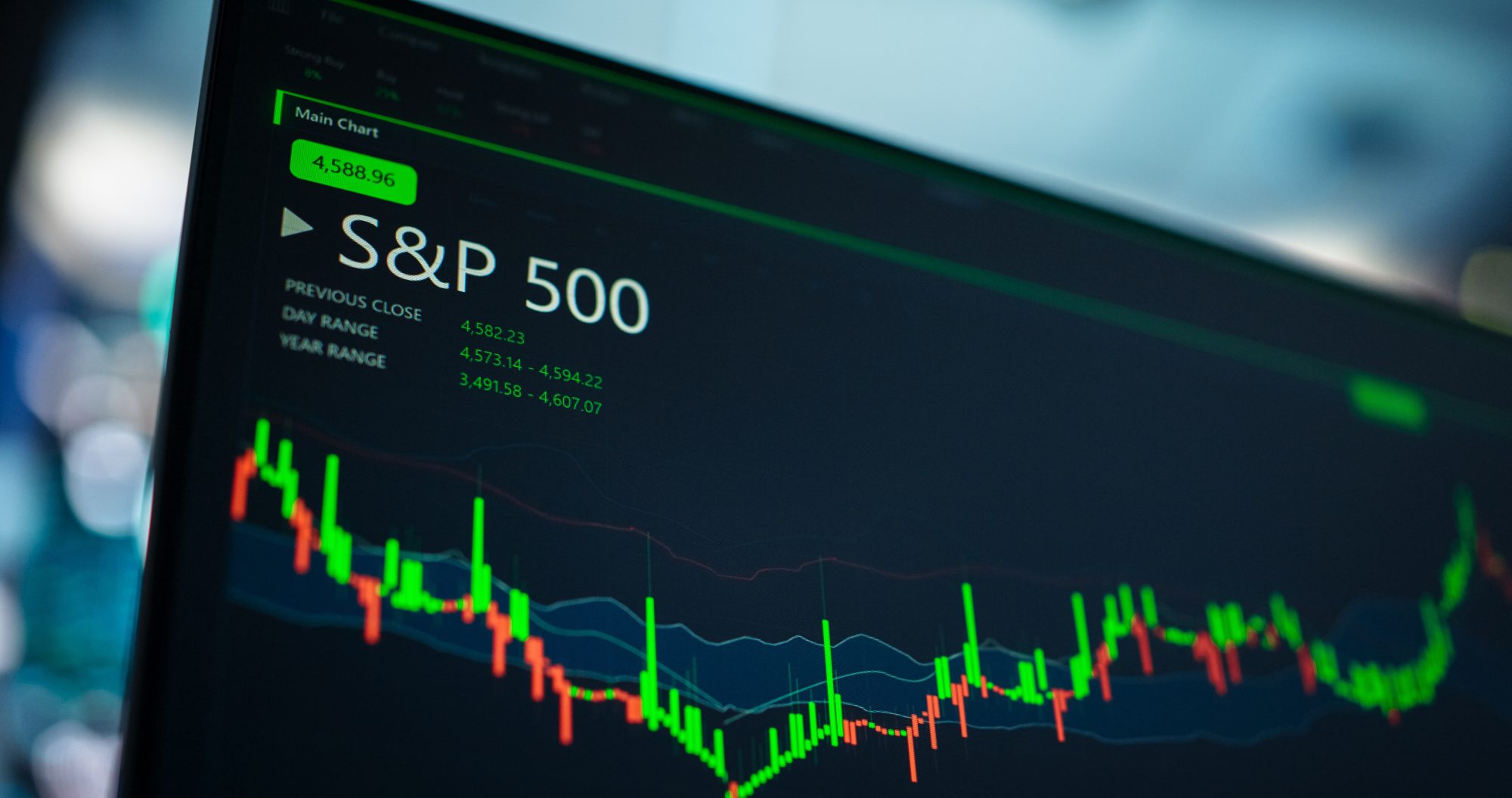I believe that all stock investors should want to see the market get the price right at all times. To me it’s an obvious point. We plan our financial futures according to the size of our stock portfolio. If the market gets the price wrong, we cannot count on the accuracy of the numbers we are using. Gak!
But most investors don’t see this as being a big deal. We know that there’s overvaluation and undervaluation (there hasn’t been much undervaluation in a long, long time!). Everyone seems to accept that. But rarely is much effort put into the project of determining what the overvaluation or undervaluation means.
People don’t worry about it. They assume that things will work out in time. In time, they will. But it can take a long time for the market to sort things out. Waiting for prices to adjust can be a painful experience. I would like to see prices always remain at least somewhere in the neighborhood of their fair-value level.
The full reality, of course, is that most investors are perfectly happy to see the market set prices wrong on the high side. People want to count the phony gains as real. So their inclination is to ask few questions. The working thought is that improper pricing is nothing to be too concerned about. It’s just one of those things.
I’ve had people argue with me that the many years of bad pricing that we have seen in the U.S. market in recent decades shows that Buy-and-Hold is a sound strategy. An investor who lowered his stock allocation because prices rose so high would have “missed out” on these years of high prices. Double gak! One cannot miss out on a mistake! Mispricing is bad. Always. No exceptions.
Effects of getting the stock price wrong
Stock prices affect economic decision-making of all types. People consider the size of their stock portfolio when making decisions as to how much to spend on the purchase of a house. If the stock price is wrong, they are going to make bad decisions. People consider the size of their stock portfolio when making decisions as to when to retire. If the stock price is wrong, they are going to make bad decisions. People consider the size of their stock portfolio when making decisions as to how much to spend on goods and services. If the stock price is wrong, the businesses selling those goods and services get the wrong idea about how much demand there is for their product or service.
Is it any wonder that there seems to be a tight connection between price crashes and economic collapses? The Buy-and-Holders will say that it is economic collapses that bring on stock price crashes. I believe that it is the other way around. Phony stock prices encourage spending and that spending causes the economy to grow faster than is justified by the economic realities and then the inevitable price crash causes economic pain that otherwise could have been avoided.
Why do we like pretend stock prices so much? Because we work so hard to make them seem real. Consider the house-buying scenario. If someone used pretend numbers on the paperwork used to support a mortgage, the bank would terminate the transaction. All of the i’s need to be dotted. But the stock price that permits the person taking out the mortgage to feel that he can afford it can be just about anything and no one gets too concerned about it. A person who would not tolerate a fast-food place getting his charge wrong by $3 is entirely at peace with a stock price that overstates the amount of his portfolio by $300,000. A strange business!
From one way of looking at things, the weird thing is that we permitted Shiller’s ideas about irrational exuberance to be spread around as much as they have been. Shiller’s research was published in a peer-reviewed journal. He was awarded a Nobel prize for his work. His book was distributed by a major publisher. It became a best-seller. It is carried in libraries all across the nation. The man who wrote it is interviewed in television interviews. Isn’t all of this dangerous for a people trying desperately to keep themselves in the dark re how this stock investing stuff works?
Yes – but we are careful not to push it too far. Shiller tells a story in his book about how a woman who was interviewing him warned him that what he said could cause a price crash if he didn’t choose his words carefully. We want him to learn from him. But only so much!
If you can take your mind off of the sad side of it, you can appreciate the funny side of it.
Rob’s bio is here.

















